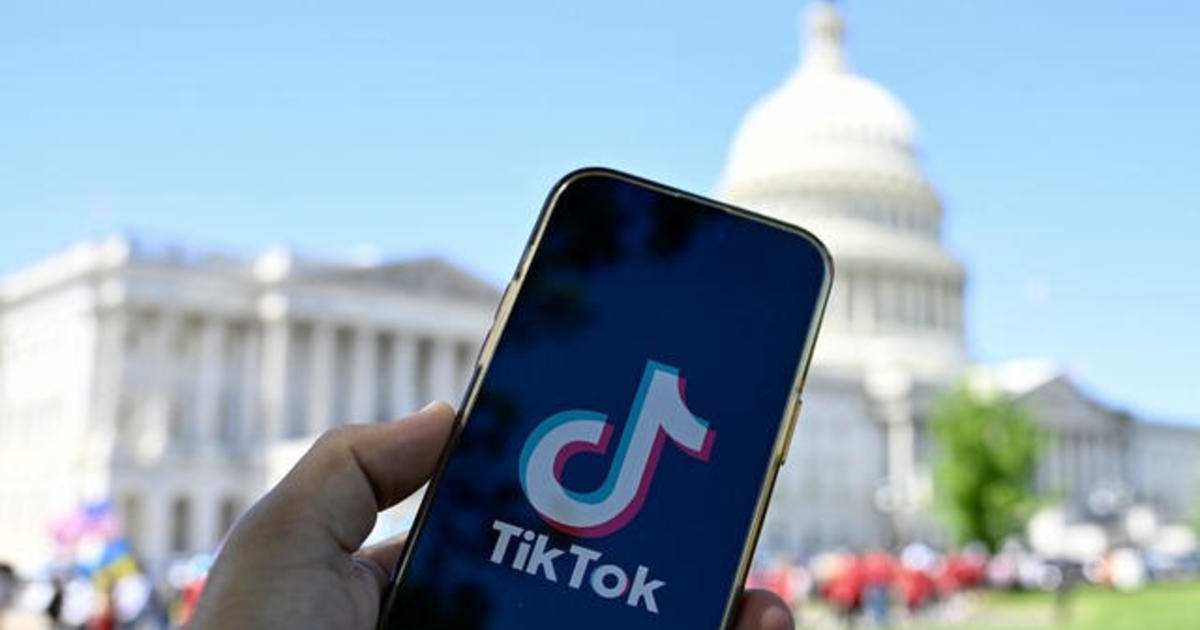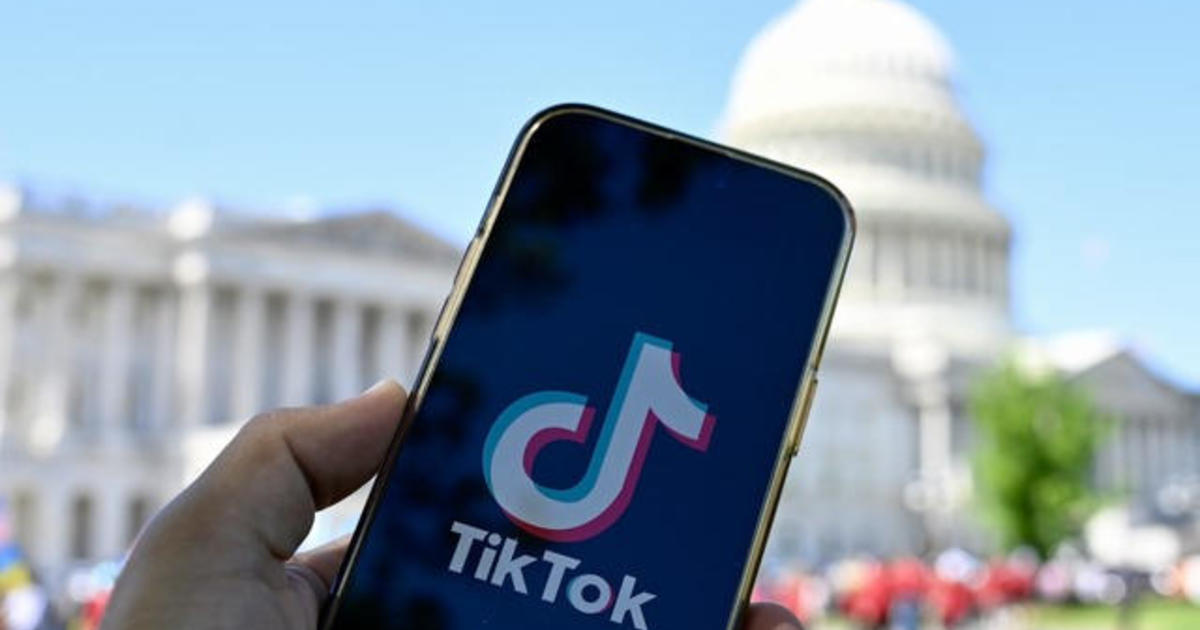Fake-meat fans sue Mississippi over labeling rules for "meat"
- Makers and advocates of fake meat are suing Mississippi, saying the state violated free-speech rights by banning the labeling of alternative meat products as "meat."
- The lawsuit follows similar legal action in states like Missouri, which banned the labeling of "meat" in plant-based products last August.
- Regulators are doubling down on meat terminology just as plant-based meat companies like Beyond Meat and Impossible Foods are having a breakout year.
Makers and advocates of fake meat are gearing up for a food fight after filing a federal lawsuit on Monday against Mississippi. They said the state violated free-speech rights when it banned manufacturers from labeling alternative meat products as "meat."
The Plant Based Foods Association and the Illinois company Upton's Naturals, which makes vegan products from seitan and jackfruit, sued Mississippi Republican Gov. Phil Bryant and the state's Republican Agriculture Commissioner Andy Gipson. The suit is in response to a state law, effective July 1, that bans plant-based, cell-based or insect-based products from being labeled as "meat."
"People are not confused by terms like 'veggie burger' or 'vegan hot dog,'" Justin Pearson, managing attorney at the Institute of Justice, which is backing the lawsuit, said in a statement. "To the contrary, those terms tell consumers that they are buying exactly what they want: a plant-based alternative to animal meat," Pearson added.
"Mississippi's law is not about clearing up consumer confusion, it's about stifling competition and putting plant-based companies at a disadvantage in the marketplace," Upton's Naturals founder Daniel Staackmann said in a statement.
Mississippi Agriculture Commissioner Gipson disputed the allegations. "It's not a free speech violation to require the truth in consumer products. And to claim that something is meat that isn't meat is not true," Gipson told CBS MoneyWatch. "We don't think there's a free speech violation."
"Meat free" or "meatless" is OK
Gipson also said the department filed rules on July 1 stipulating that the products may "display the words 'meat free,' 'meatless,' or a comparable qualifier to indicate the product contains no meat," according to the filings. The proposed rules aren't in effect yet. That typically takes about 60 to 90 days after a filing. Gipson said the Department of Agriculture and Commerce will defend against the lawsuit.
Regulators are doubling down on meat terminology just as plant-based meat companies like Beyond Meat and Impossible Foods are having a breakout year. They're winning new customers largely by marketing their vegan products to meat lovers.
For example, Beyond Meat has positioned its meatless burger patties in the meat cooler, versus the freezer section. Impossible Foods is rolling out in Burger King locations nationwide this year.
A similar lawsuit was filed in Missouri last year by Oregon-based Tofurky, which makes vegetarian food products, and The Good Food Institute, a Washington, D.C.-based nonprofit that advocates for alternatives to meat. The lawsuit is now in settlement discussions.
A Missouri law made it a misdemeanor for manufacturers to label plant-based products as meat. The law, which was supported by the Missouri Cattlemen's Association, subjected violators with up to one year in prison and a fine of as much as $1,000.
In a similar move, Louisiana Democratic Gov. John Bel Edwards signed a bill to become effective in October 2020 that keeps veggie products from being called meat, non-rice products from being described as rice and sugar alternatives from being marketed as sugar.
— The Associated Press also contributed to this report.



